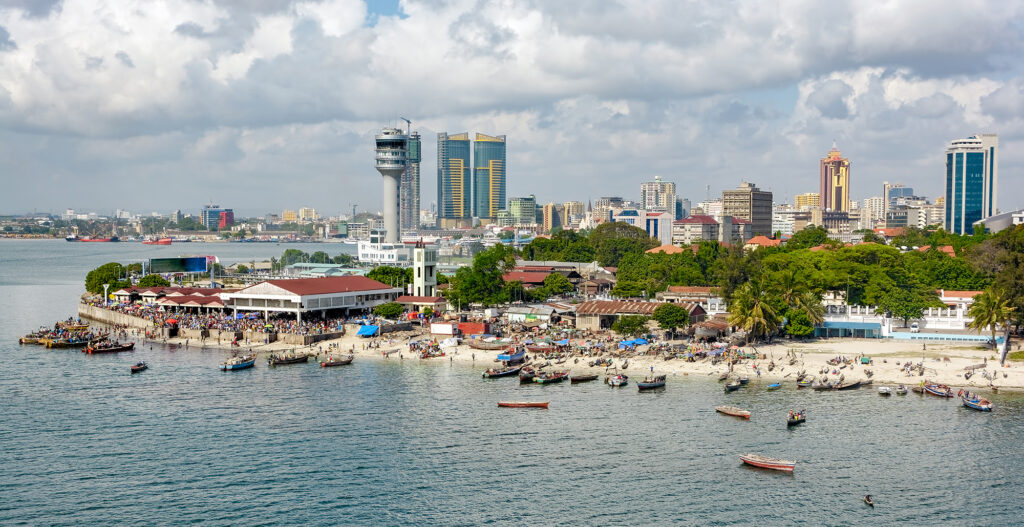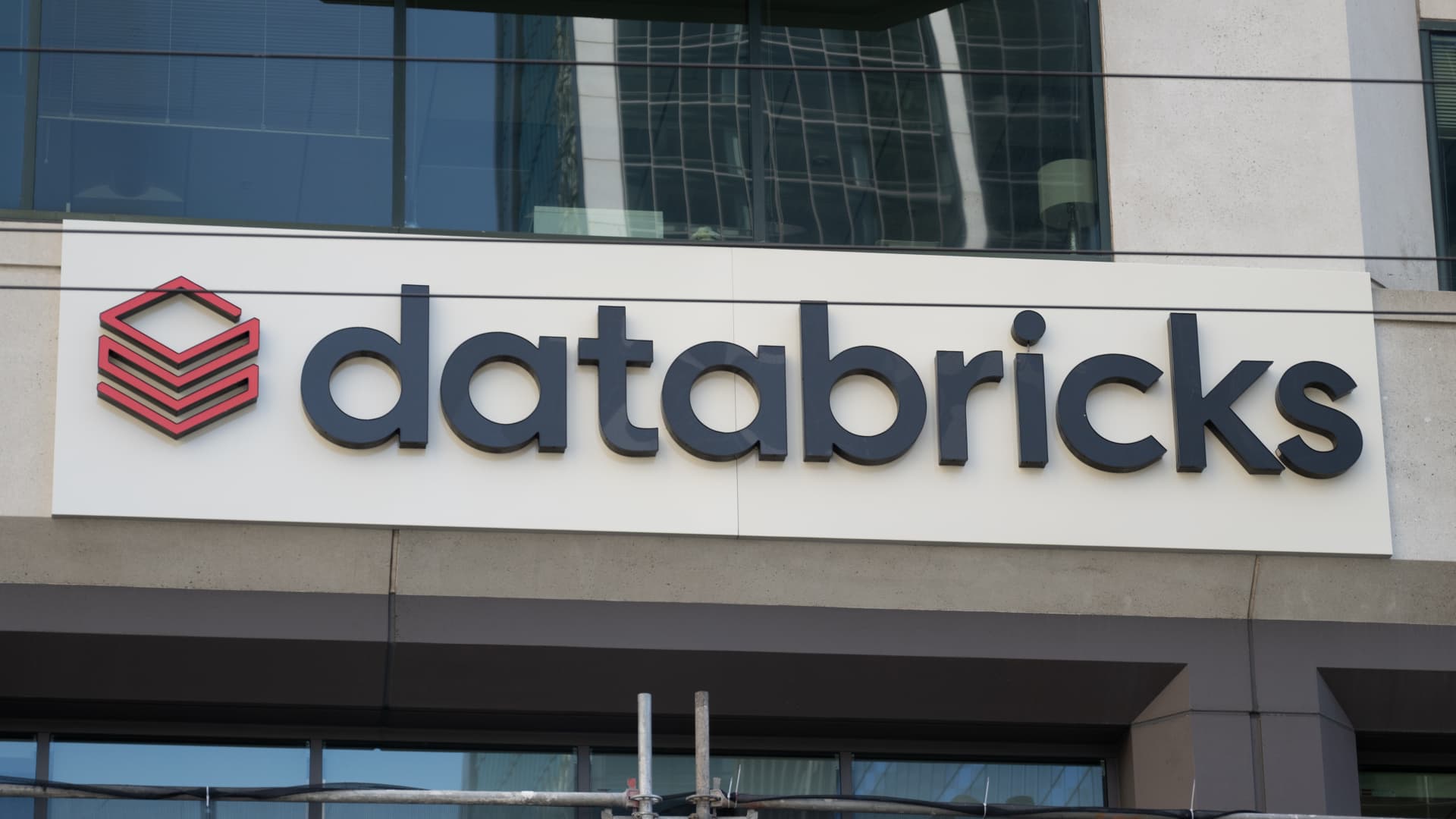- Jay Kaduson to join Voya Financial as CEO of Workplace Solutions
- Former Indiana congressional candidate agrees to plead guilty in campaign finance fraud case • Indiana Capital Chronicle
- Investing in Ameriprise Financial (NYSE:AMP) five years ago would have delivered you a 251% gain
- Strategist predicts bull market momentum into the 2030s
- Should you worry about overfunding your 529 plan?
| Vital Statistics |
|---|
| Location: East Africa |
| Neighbors: Mozambique, Malawi, Zambia, DRC, Burundi, Rwanda, Uganda, and Kenya |
| Capital city: Dodoma |
| Population (2024): 69.3 million |
| Official languages: English and Swahili |
| GDP per capita (2023): $1,224 |
| GDP growth (2024, projected): 5.4% |
| Inflation (2024, projected): 3.2% |
| Currency: Tanzanian Shilling |
| Investment promotion agency: Tanzania Investment Centre |
| Investment incentives available: Tax holidays, reduced tax rates, and tax exemptions; discounts on customs duties, corporate taxes; 75% import duty relief on capital goods; granting of land derivative rights; no remittance restrictions; guarantees against nationalization and expropriation; basket of incentives in EPZs and SEZs; investment guarantees; automatic five immigration quotas; signatory to African Continental Free Trade Area; member of EAC, Southern African Development Community, and Common Market for Eastern and Southern Africa trading blocs |
| Corruption Perceptions Index rank (2023): 87/180 |
| Political risks: Rising violence in the run-up to the 2025 elections; corruption; instability among neighboring countries; muzzling of the opposition, media freedom; weak public institutions; mixed human rights; religious tensions between the Zanzibar archipelago and the mainland |
| Security risks: High levels of unemployment and underemployment; high levels of inequality and poverty; terrorism threats; intolerance toward the LGBTQI+ community; violent crimes: assault, sexual assault, robbery, mugging, and carjacking common |
| PROS |
|---|
| Favorable geographic location |
| Large mineral reserves |
| Huge domestic and regional market |
| Tourism assets (national parks, coastline) |
| Vast arable land |
| CONS |
|---|
| Cross-border trade obstacles |
| Low level of industrial development |
| High public debt |
| Low level of human capital |
| Bureaucratic red tape |
Sources: Allianz, UK Foreign and Commonwealth Office, IMF, Moody’s, S&P, Fitch, US State Department, World Bank, Coface, UNCTAD/UN, BMI, Transparency International, Britannica, CIA World Factbook, World Health Organization (WHO).
You are viewing: Tanzania: East Africa’s New Powerhouse
For more information about Tanzania, click here to read Global Finance’s country report page.
The country’s socioeconomic transformation has been accelerating at an unprecedented pace over the past decade. The architects have been the late President John Pombe Magufuli, with a very combustive and controversial approach, and his successor, President Samia Suluhu Hassan, who favors a subtle but firm style.
The results are evident. GDP growth has averaged 5.5% over the past 10 years, making Tanzania one of the world’s fastest growing economies. The momentum persists, with growth forecast at 5.4% in 2024 and 6% in 2025.
“Tanzania has a reputation for peace and stability compared to [other] countries in East Africa,” says Tenda Msinjili, head of banking and finance at law firm Clyde & Co.’s Tanzania office. This puts Tanzania among the few countries in Africa where investors can plan for the long term without fear of sudden political upheavals.
See more : Japan: Nippon Makes Record Overseas Insurance Purchase
Stable democracy, accompanied by critical economic reforms and interventions, has seen Tanzania emerge as a bastion of foreign direct investment (FDI). Investors are flocking to the country to exploit opportunities in sectors like mining, energy, agriculture, tourism, manufacturing, transportation, and commercial real estate.
UNCTAD’s 2024 World Investment Report shows that while FDI inflows into Africa declined by 3% in 2023, Tanzania was a standout. Inflows rose by 6.3% between 2021 and 2022, reaching approximately $1.3 billion from about $1.2 billion. Total FDI stock hit about $20 billion in 2023 from $18.6 billion in 2022.
Government data paint an impressive picture. The Tanzania Investment Centre (TIC) reports that in the 2023/24 fiscal year, the country netted FDI amounting to a staggering $3.5 billion.
The steady increase in inflows has not been a fluke. Apart from political stability and economic reforms, factors like strategic location, abundant natural resources, infrastructure expansion, investment incentives, and a growing local and regional market are among the factors making Tanzania quite attractive.
One critical reform has been the enactment of the Tanzania Investment Act of 2022, which has been instrumental in simplifying the business registration processes, enhancing transparency, fostering efficiency, and reducing bureaucratic hurdles.
More critical, though, has been the creation of an environment of certainty for investors. A few areas stand out. First is protecting existing contracts, which is crucial for long-term investment planning.
Second is dispute resolution and arbitration, ensuring investors have a reliable and impartial platform for resolving disputes. Since Tanzania has been at loggerheads with foreign investors in the mining sector due to arbitrary revocation of retention licenses in 2018, this is important.
In 2023, the country paid Winshear Gold $30 million for expropriation of the company’s concession for a gold mine. It is also battling other cases at the International Centre for Settlement of Investment Disputes, in which various companies are seeking a collective $300 million for wrongful license terminations.
See more : Portland Schools begin search for new finance director
Another gain from the new Investment Act is the establishment of a fair and investor-friendly framework for the repatriation of profits. As long as foreign companies fulfill all tax obligations and issue a dividend notice, they can repatriate profits without any penalty.
“The act has been a major shift in the government’s rhetoric toward investments and the business community,” notes Imani Muhingo, head of research and financial analytics at Tanzanian broker and investment advisory Alpha Capital. He adds that by also reducing the minimum capital requirement to $500,000 for foreign investors, Tanzania has become an affordable destination.
Apart from regulatory reforms, Tanzania has also pumped massive resources into improving infrastructure, including roads, ports, and railways, to facilitate the ease of doing business. The $2.9 billion Julius Nyerere hydropower project, largely funded by internal resources, is nearing completion. With a capacity of 2,115 MW, it will greatly reduce power costs.
Tanzania has also invested in a standard-gauge railway linking the port of Dar es Salaam with neighboring Uganda, Rwanda, Burundi, and the Democratic Republic of Congo (DRC). The new railway has reduced freight cost by 40% and enhanced efficiency. The expectation is that Tanzania will become the preferred gateway to the EAC, to the detriment of Kenya.
The country’s status got a big boost in October when it joined the US-fronted Lobito Corridor railway project connecting Angola, Zambia, and the DRC. Costing over $4 billion, the project will link the Atlantic coast to the Indian Ocean.
Abundant Natural Resources
When it comes to minerals, Tanzania is a hotspot. It boasts over 40 different kinds of minerals, among them gold, diamond, silver, tanzanite, iron ore, copper, nickel, cobalt, graphite, and uranium, as well as natural gas.
Government data show the mining sector accounts for 9.1% of GDP, generating $3.3 billion in 2022. Earnings are expected to double to $6.6 billion by 2027. To ensure that Tanzania benefits from these resources, the government demands a 16% free carried interest in each project.
Source link https://gfmag.com/emerging-frontier-markets/tanzania-east-africa-economic-powerhouse/
Source: https://summacumlaude.site
Category: News







